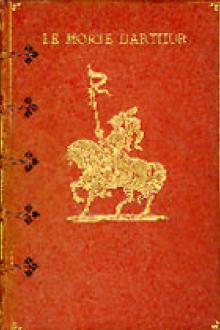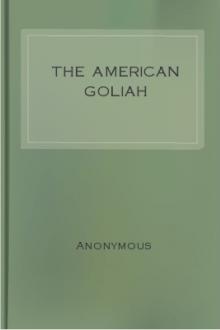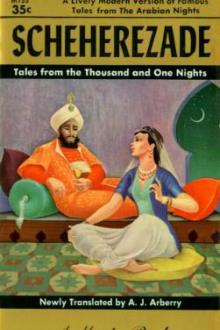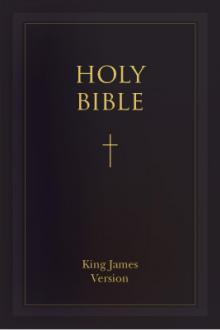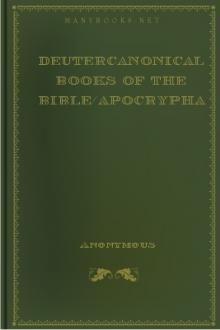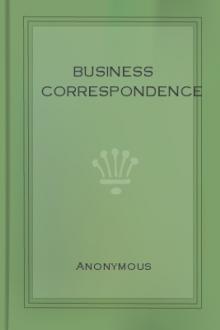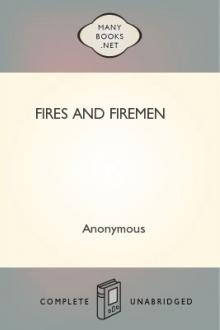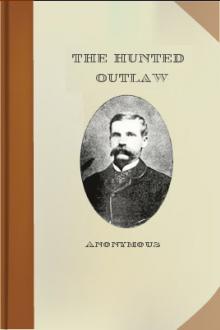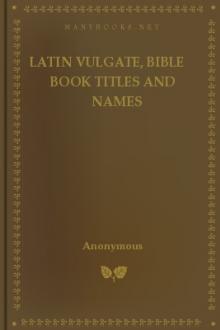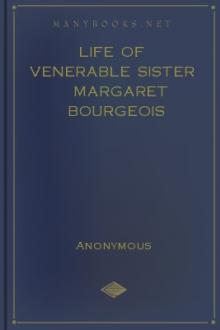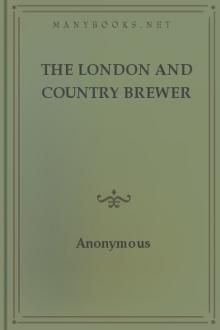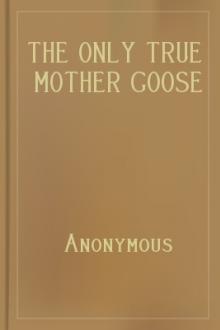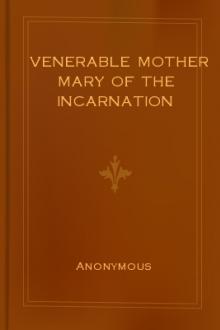A Letter From a Clergyman to his Friend
Book Excerpt
Such commentary suggests that at least one very early reader of the Travels sensed the possibility of Swift's use of certain portions of his narrative to vent disappointment at his failure to receive the church preferment he thought he deserved and to carry on his personal vendetta against obstructive bishops like the "crazy Prelate" Sharpe, Archbishop of York, one of the detestable and "dull Divines" pilloried in the autobiographical poem "The Author Upon Himself" (1714).
Concerning Swift's religious uniformitarianism, the author of Gulliver Decypher'd defends Swift's understandable bias for the established Anglican Church as a vested interest, which in the Travels is expressed through the giant king's strictures against civil liberty for religious dissenters (II, vi). He recommends this passage as a proper explanation of the principle restricting the civil liberty of potentially subversive dissidents, adding, furthermore, that "the Sectaries" themselves were
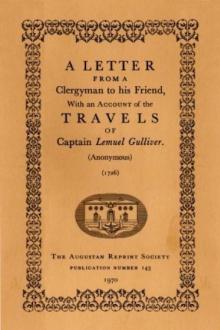
 Free Download
Free Download






















